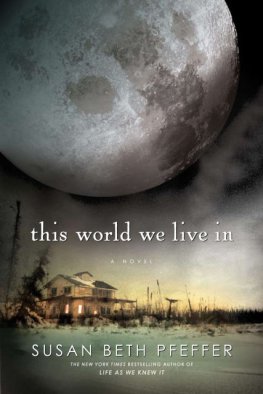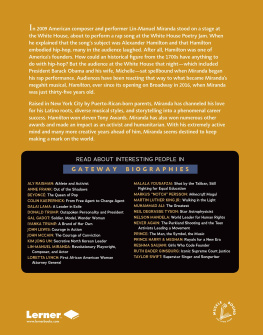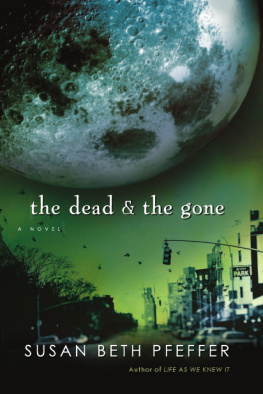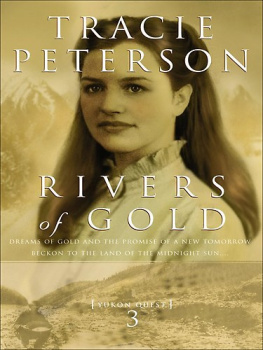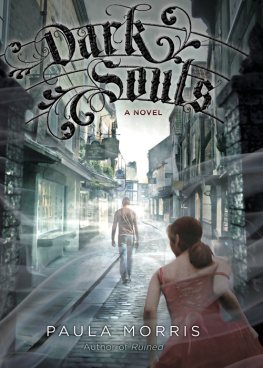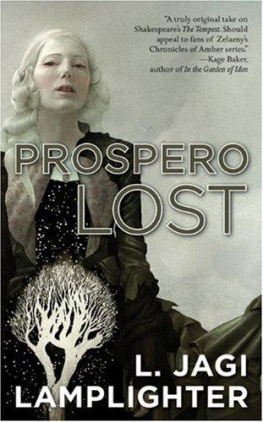
About the Author
Olivia Manning, OBE, was born in Portsmouth, Hampshire, spent much of her youth in Ireland and, as she put it, had the usual Anglo-Irish sense of belonging nowhere. She married just before the War and went abroad with her husband, R.D. Smith, a British Council lecturer in Bucharest. Her experiences there formed the basis of the work which makes up The Balkan Trilogy. As the Germans approached Athens, she and her husband evacuated to Egypt and ended up in Jerusalem, where her husband was put in charge of the Palestine Broadcasting Station. They returned to London in 1946 and lived there until her death in 1980.
Also by Olivia Manning
Novels
Artist for the Missing
School for Love
A Different Face
The Doves of Venus
The Play Room
The Rain Forest
The Levant Trilogy
The Danger Tree
The Battle Lost and Won
The Sum of Things
Short Stories
Growing Up
A Romantic Hero
The Balkan Trilogy
Olivia Manning

This eBook is copyright material and must not be copied, reproduced, transferred, distributed, leased, licensed or publicly performed or used in any way except as specifically permitted in writing by the publishers, as allowed under the terms and conditions under which it was purchased or as strictly permitted by applicable copyright law. Any unauthorised distribution or use of this text may be a direct infringement of the authors and publishers rights and those responsible may be liable in law accordingly.
Version 1.0
Epub ISBN 9781446429532
Reprinted by Arrow Books in 2004
1 3 5 7 9 10 8 6 4 2
Copyright The Estate of Olivia Manning 1987
The right of Olivia Manning to be identified as the author of this work has been asserted by her in accordance with the Copyright, Designs and Patents Act 1988
This novel is a work of fiction. Names and characters are the product of the authors imagination and any resemblance to actual persons, living or dead, is entirely coincidental
This book is sold subject to the condition that it shall not, by way of trade or otherwise, be lent, resold, hired out, or otherwise circulated without the publishers prior consent in any form of binding or cover other than that in which it is published and without a similar condition including this condition being imposed on the subsequent purchaser
First published in hardback in one volume in the United Kingdom in 1987 by William Heinemann
This edition first published in 1990 by Mandarin Paperbacks, reprinted 6 times
Arrow Books
The Random House Group Limited
20 Vauxhall Bridge Road, London SW1V 2SA
Random House Australia (Pty) Limited
20 Alfred Street, Milsons Point, Sydney
New South Wales 2061, Australia
Random House New Zealand Limited
18 Poland Road, Glenfield
Auckland 10, New Zealand
Random House (Pty) Limited
Endulini, 5a Jubilee Road, Parktown 2193, South Africa
The Random House Group Limited Reg. No. 954009
www.randomhouse.co.uk
A CIP catalogue record for this book is available from the British Library
ISBN 0 09 942748 6
Contents
VOLUME ONE
The Great Fortune
To
Johnny and Jerry Slattery
PART ONE
The Assassination
Somewhere near Venice, Guy began talking with a heavy, elderly man, a refugee from Germany on his way to Trieste. Guy asked questions. The refugee eagerly replied. Neither seemed aware when the train stopped. In the confusion of a newly created war, the train was stopping every twenty minutes or so. Harriet looked out and saw girders, darker than the twilit darkness, holding an upper rail. Between the girders a couple fumbled and struggled, every now and then thrusting a foot or an elbow out into the light that fell from the carriage windows. Beyond the girders water glinted, reflecting the phosphorescent globes lighting the high rail.
When the train was suddenly shunted into the night, leaving behind the lovers and the glinting water, she thought: Anything can happen now.
Guy and the refugee went on talking across the carriage, their eyes fixed upon each other. Guys sympathy had drawn the German half out of his seat. He held out his hands, cupped, palms up, side by side, occasionally shaking them for emphasis, while Guy gave him an anxious attention that lightened into excitement as he nodded his head, indicating that all he heard was exactly what he had expected to hear.
What is he saying? asked Harriet, who did not speak German.
Guy put a hand on hers to keep her quiet.
A current, like affection, seemed to keep Guys attention directed on the refugee, but the refugee several times stared about him at the other passengers, with an aggressive confidence, as though to say: I am talking? Well what about it? I am a free man.
The train stopped again: a ticket collector came round. The refugee rose and felt in an inner pocket of his greatcoat that hung beside him. His hand lingered, he caught his breath: he withdrew his hand and looked in an outer pocket. This time he withdrew his hand quickly and looked in another pocket, then another and another. He began pulling things out of the pockets of the jacket he was wearing, then out of his trouser pockets. His breath came and went violently. He returned to the greatcoat and began his search all over again.
Guy and Harriet Pringle, watching him, were dismayed. His face had become ashen, his cheeks fallen like the cheeks of a very old man. As he grew hot with the effort of his search, a sticky dampness spread over his skin and his hands shook. When he started again on his jacket, his head was trembling and his eyes darting about.
What is it? Guy asked. What have you lost?
Everything. Everything.
Your ticket?
Yes, the man panted between words. My pocket-book, my passport, my money, my identity card My visa, my visa! His voice broke on the last word. He stopped searching and tried to pull himself together. He clenched his hands, then shook one out in disbelief of his loss.
What about the lining? said Harriet. The things may have fallen through into the lining.
Guy did his best to translate this.
The man turned on him, almost sobbing as he was beset by this suggestion. He understood at last and started feeling wildly over the coat lining. He found nothing.
The other passengers had been watching him with detached interest while the collector took their tickets. When everyone else had handed over a ticket, the collector turned to him as though the scene had conveyed nothing at all.
Guy explained to the man that the refugee had lost his ticket. Several other people in the carriage murmured confirmation. The collector looked dumbly back at some officials who stood in the corridor. They took over. One remained at the carriage door while the other went off for reinforcements.
Hes penniless, too, said Guy to his wife. What can we give him?
They were on their way to Bucharest. Not being permitted to take money into Rumania, they had very little with them. Harriet brought out a thousand-franc note. Guy had three English pound notes. When offered this money, the refugee could not give it his attention. He was absorbed again in looking through his pockets as though the pocket-book might in the interval have reappeared. He seemed unaware of the group of officials now arrived at the door. When one touched his arm, he turned impatiently. He was required to go with them.
Next page

